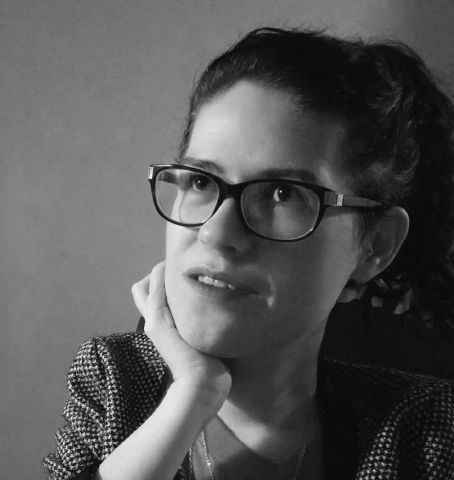COURT CHALLENGE FILED AGAINST BILL C-14
A legal challenge to the constitutional validity of Bill C-14 has been filed.
In a unanimous decision last year, Canada’s highest court declared that the Criminal Code provisions against physician-assisted dying “are of no force or effect to the extent that they prohibit physician-assisted death for a competent adult person who (1) clearly consents to the termination of life and (2) has a grievous and irremediable medical condition (including an illness, disease or disability) that causes enduring suffering that is intolerable to the individual in the circumstances of his or her condition.”
The Supreme Court of Canada gave Parliament time to create legislation on physician-assisted dying for those who met the criteria set out in their judgment.
But Parliament instead created Bill C-14 — legislation that is more restrictive than the Supreme Court’s criteria, and did so in the face of legal advice from a number of well-qualified sources that Bill C-14 would also be unconstitutional.
Bill C-14 is more restrictive in that it requires the person’s death to be “reasonably foreseeable” — without actually defining what that means.
Canada’s Senate debated the bill, and some highly charged emotional language flew about the Senate chamber. One Senator, opposed to any form of assisted dying, stated that she was speaking for those who “weep that Canada’s moral fabric is being destroyed” and “dearly held values are being shredded.” She also stated that, despite the safeguards in the legislation, “the innocent are bound to be killed.”
On the other hand, some people who had looked forward to an end to their suffering — because, under the terms of the Supreme Court decision, they qualified for medical assistance in dying — suddenly became ineligible when the more restrictive terms of Bill C-14 became law. One such woman is featured in this Global News story.
The BC Civil Liberties Association has now filed the court challenge to the restrictive aspects of Bill C-14, and is raising funds to cover the cost of that expensive exercise. The BCCLA is working on this challenge with Julia Lamb, pictured above, a BC resident who has a painful and debilitating disease with no known cure or effective treament: Spinal Muscular Atrophy. Though she is still able to manage from day to day, with help from home care aides, friends and family, she fears a future when her condition may become unbearable and the current law would not allow her release from suffering. Hence the legal challenge.

























